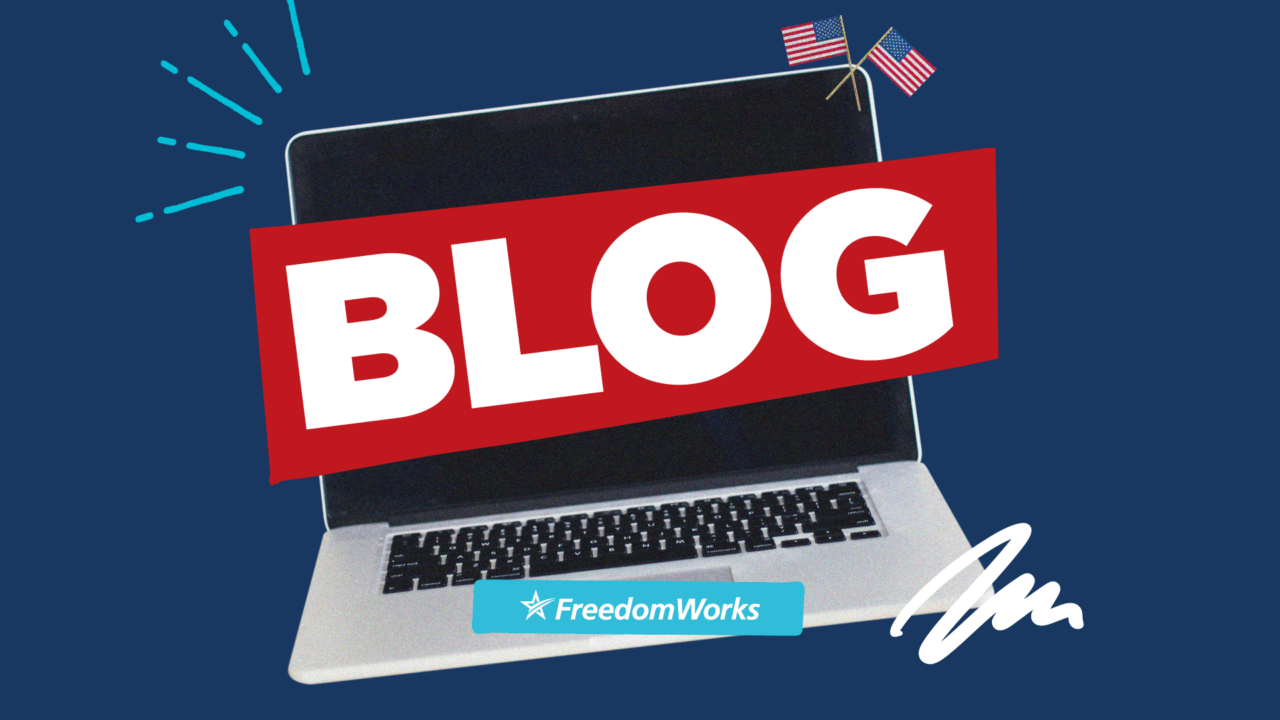Tax Bill “Rocket Fuel” for American Economy

It’s no secret most ordinary people in America feel like they’re being squeezed by higher prices at almost every turn. Rents, groceries, utilities, household goods – normal, everyday expenses we simply cannot live without – are eating more of our paycheck than maybe ever before. As much as that may sound like hyperbole, it’s not for Americans supporting families. Most of us in that age range cannot remember paying this much for food. Indeed, more than drugs, violence, climate change, or education, inflation ranks at the very top of problems the public says it is facing according to Pew.
Given our inflated reality, wouldn’t it make sense to continue and expand upon the welcomed relief of the 2017 Tax Cuts and Jobs Act (TCJA)? Well, we can, and the House already did. The House passed the Tax Relief for American Families and Workers Act with bi-partisan support and now it’s up to the Senate to do the same.
This tax bill expands on the massively successful TCJA in ways that help both families and businesses. First, let’s look at how it helps families. The bill immediately addresses the American people’s top concern by adjusting the $2,000 topline child tax credit to inflation. It removes the penalty on families with more than one child and gives parents flexibility to use current or prior year income to take the credit. For low-income taxpayers, it expands the credit’s refundability. And finally for taxpayers unlucky enough to have survived a natural disaster like hurricanes or wildfires, it provides disaster tax relief.
Additionally, the Tax Relief for American Families and Workers Act gives our businesses and workers targeted relief to boost innovation and research and development (R&D). It allows immediate expensing of R&D costs rather than over five years, along with 100% expensing for business investment in U.S. facilities, equipment, and machines. As Jay Timmons, CEO of the National Association of Manufacturers put it, “Remember the 2017 tax reforms? They were rocket fuel for our industry. We kept our promises to raise wages, hire workers and invest in our communities. We would not be outpacing other countries without them.”
To be sure, the bill doesn’t overlook the heart and soul of the US economy – small businesses, which number 33.3 million and account for 99.9% of all businesses in America. The bill would increase small business expensing $290,000 more than the 2017 reforms and cut red tape by adjusting the reporting threshold for subcontract labor – the first update since the 1950s. It would also allow small businesses to deduct interest payments – an even more important measure in a world of higher interest rates.
We have six years of hard data showing how important these tax relief measures have been for the American economy. Investment grew 18% and businesses put an extra $2 trillion into R&D. The result? More than 21 million jobs supported by the R&D investment alone. With an additional 867,000 jobs and $58 billion in take home pay for workers if we extend the interest deduction relief. On the contrary, economists predict 1 million jobs lost if these expensing and deduction measures don’t continue.
The American economy has been huffing fumes from this bill’s rocket fuel for years. Why pump the brakes now? As volatile as the House has been this session, even they couldn’t turn down more jobs, more investment, higher wages, and a growing economy. The ball is in the Senate’s court. We’re waiting for them to not fumble it on the one-yard line. Speaking of waiting, here’s Jay Timmons again, “Right now, our entire industry is waiting on the U.S. Senate to pass a bipartisan tax bill that restores expired or phasing-out tax incentives for investments in R&D, new facilities and equipment.”
We have the patience, sure. We simply don’t have the luxury to pass on this no-brainer tax bill.



